Generations of education: A story of persistence and challenges
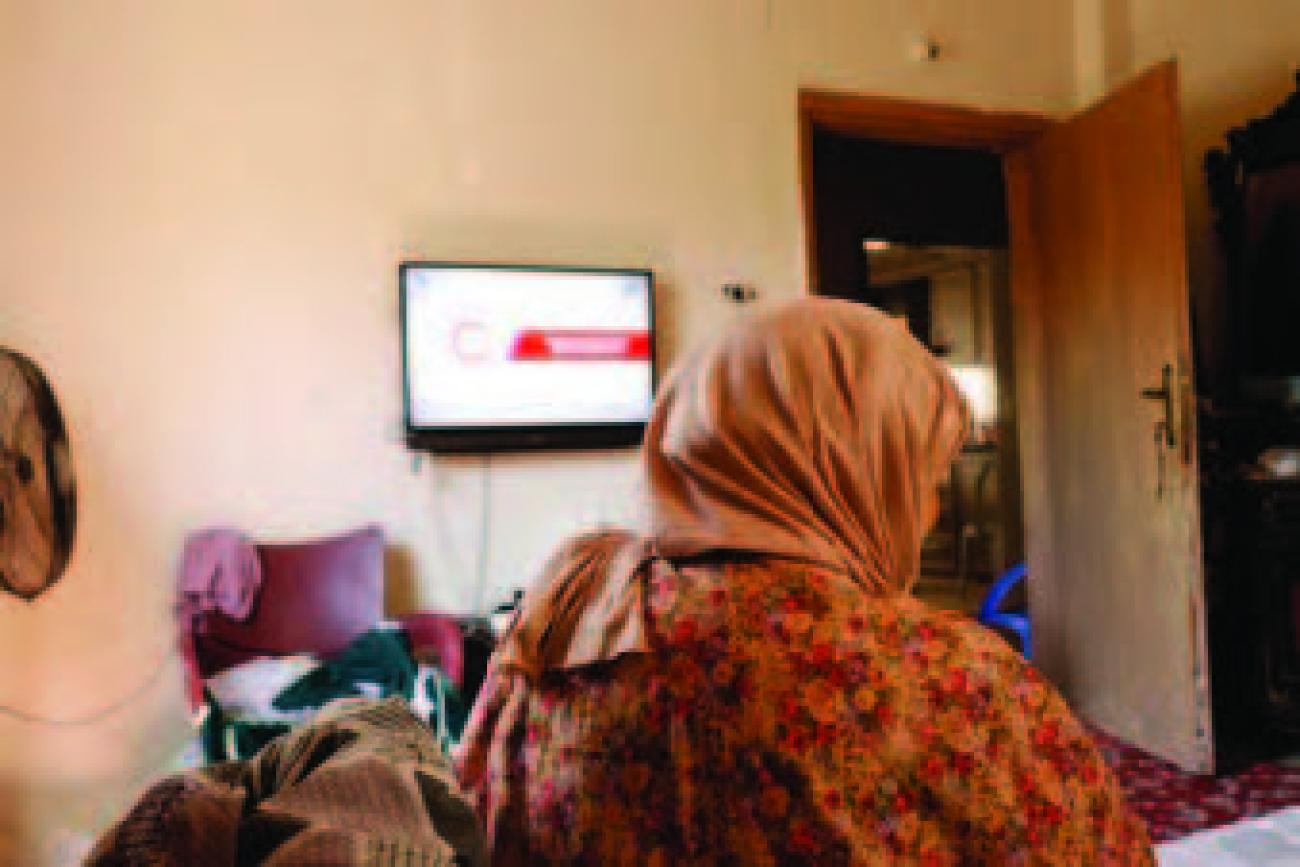
In Amman, Jordan, three generations of women share a common thread.
In Amman, Jordan, three generations of women share a common thread: their journey through education and the struggles they faced in a society where the right to learn was often denied. Rula Hassan al Daraghmeh, a 22-year-old graduate in visual arts from the University of Jordan, embarked on a creative project that shed light on the profound impact of education on the lives of these women.
Rula's project, titled "Generations," delved into the fundamental human right to education, a right that many take for granted but remains elusive for some. Rula stated, In Jordan, over 50,000 girls aged 6 or older are out of school, facing challenges such as financial constraints, social pressures, and early marriages. Rula aimed to give voice to these issues through her art.
She added, “I'm passionate about both storytelling and photography, and was motivated to seize this opportunity for learning, creativity, and networking with fellow participants who share my passion. I honestly got more passionate about storytelling and discovered it was way harder than I thought. I got to sit with them and engage with them to go to their houses; it left a bond, a special bond. It was hard, but it was all worth it to share their stories.”
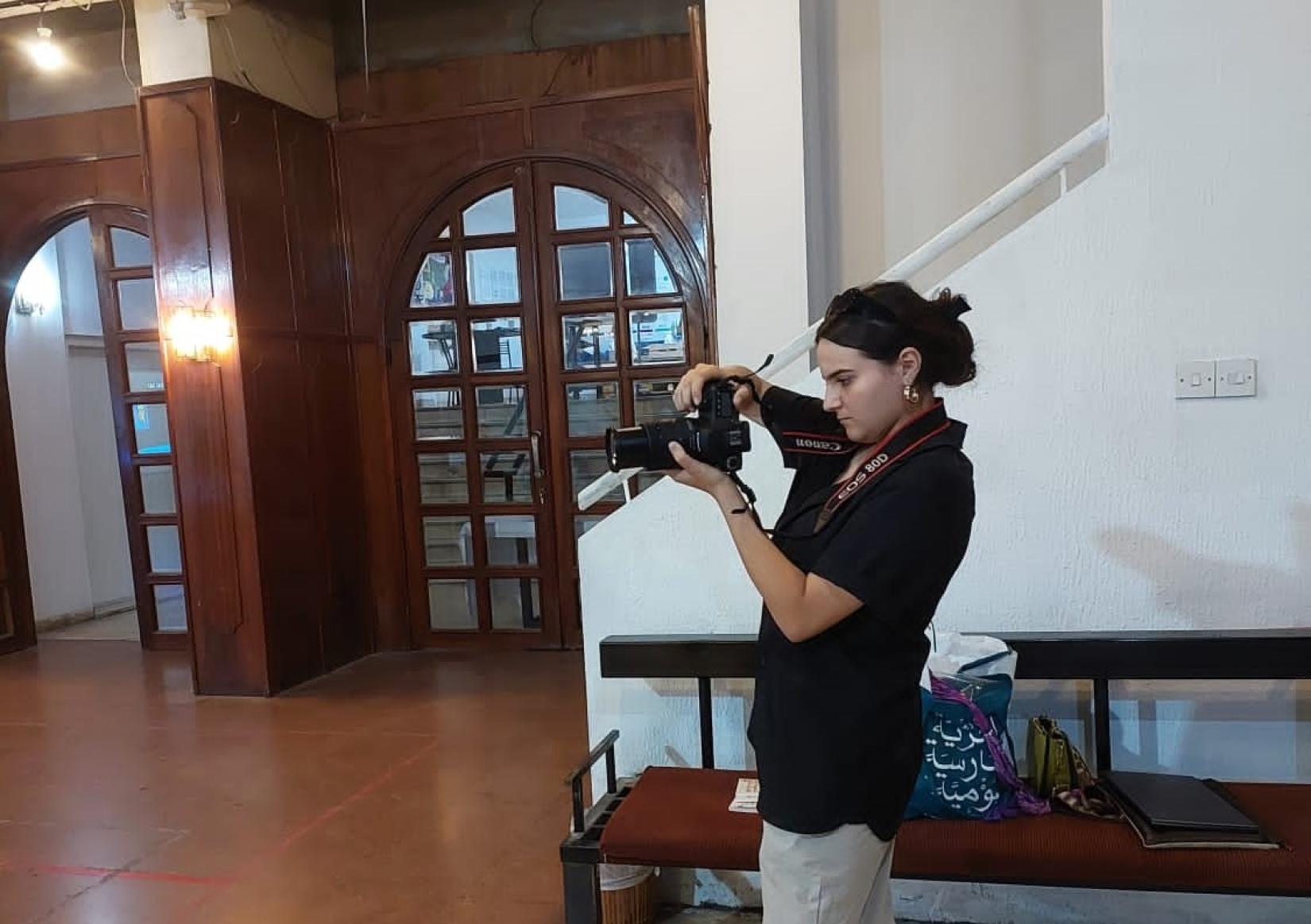
The first story in Rula's project tells the tale of a woman born in 1948. She left school in the fifth grade after her father insisted that "it's disgraceful for a girl to leave home." At the tender age of 16, she was married against her will, reflecting on how her brother had taken away their freedom, never consulting them about their fate.
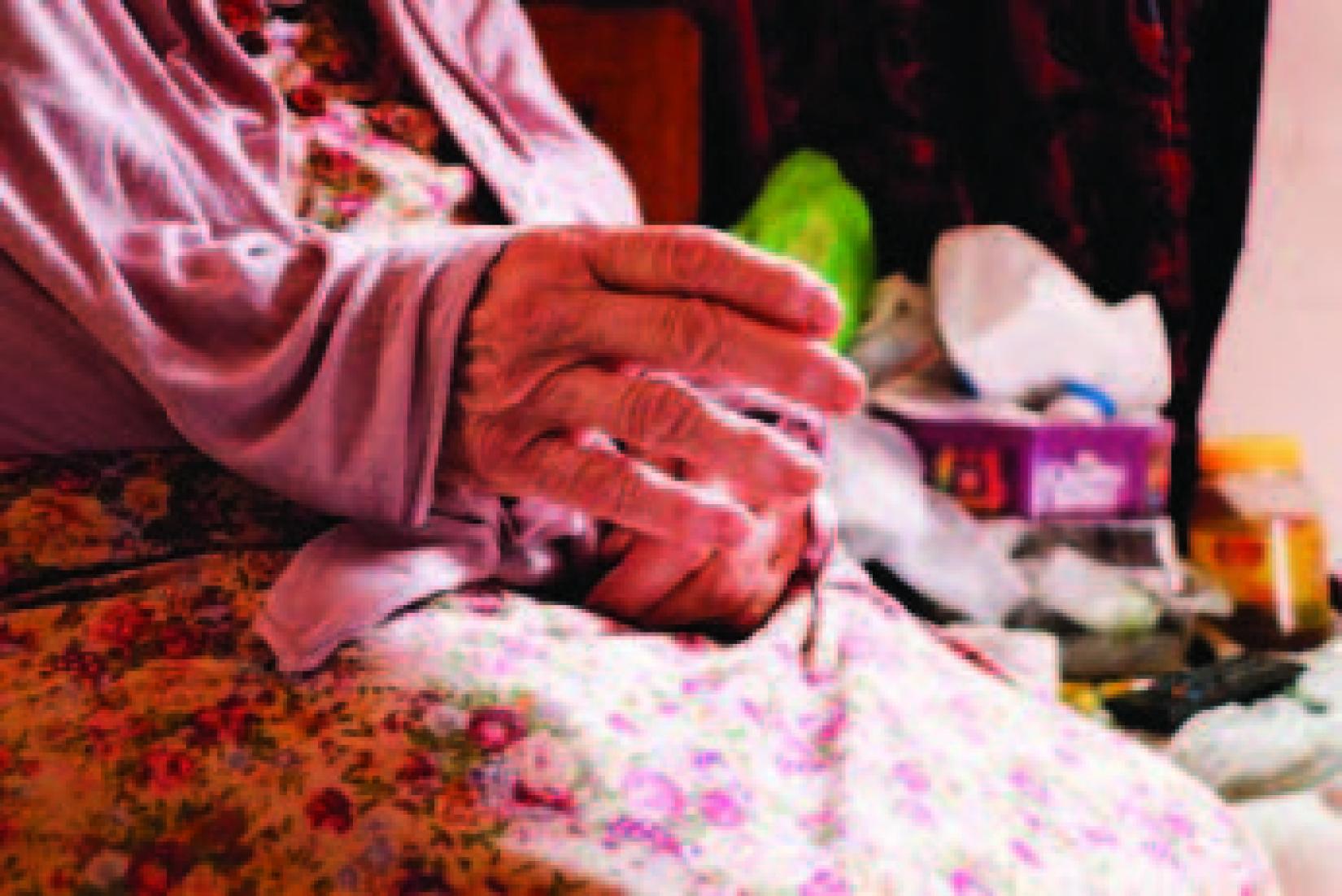
The second story portrays a woman born in 1974, who left school in the seventh grade. Her father pulled her out of school for marriage, and she lamented, "I didn't read or write; I wanted the same education as these girls, but it wasn't my choice." She yearned for an education that she was denied.
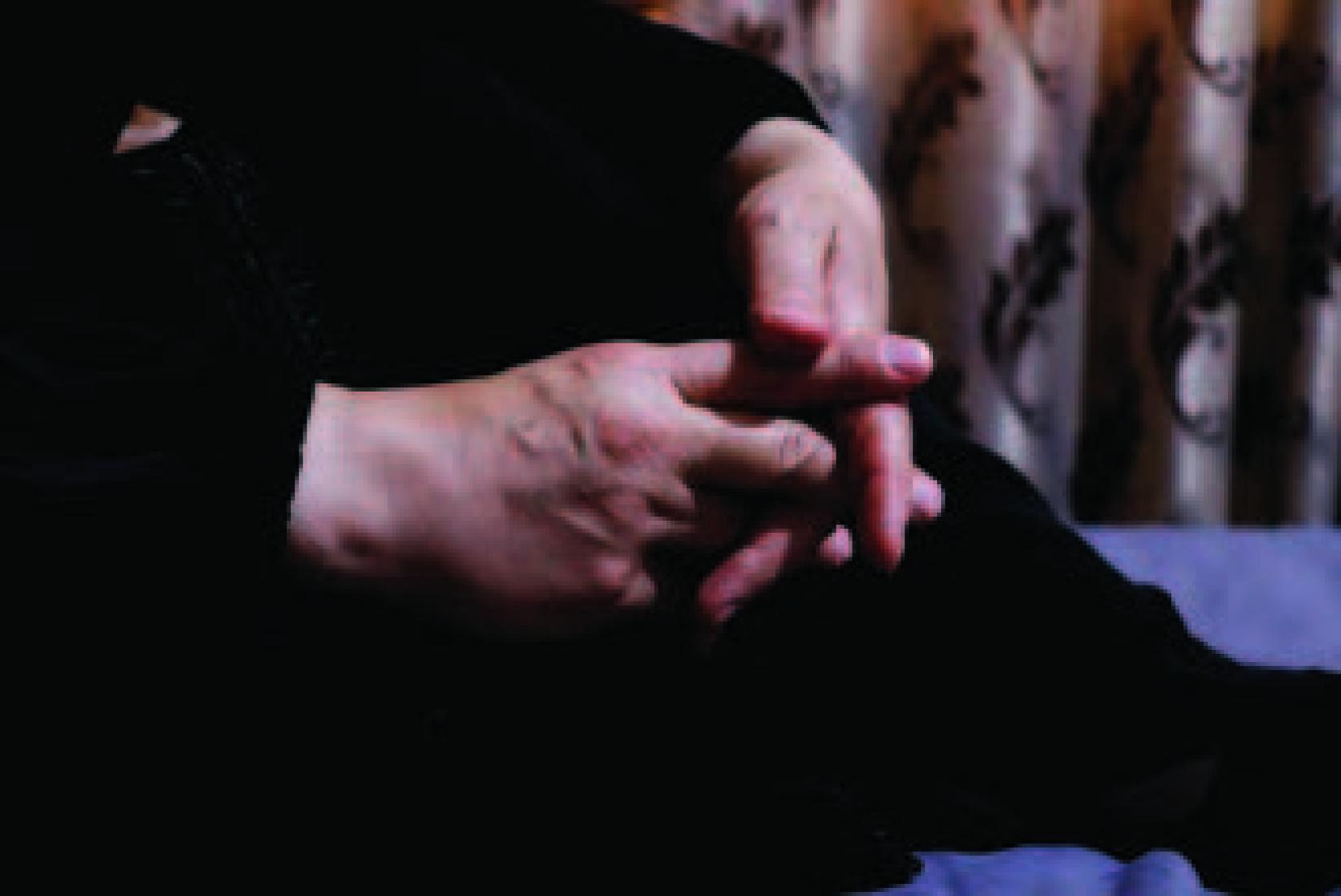
The third generation featured a girl born in 2003, who missed the second, third, and fourth grades as her father didn't want her to mingle with people. Now in the seventh grade, her father still opposes her education. Rula's project highlighted the ongoing issue of girls being denied their right to education, a problem that persisted across generations.
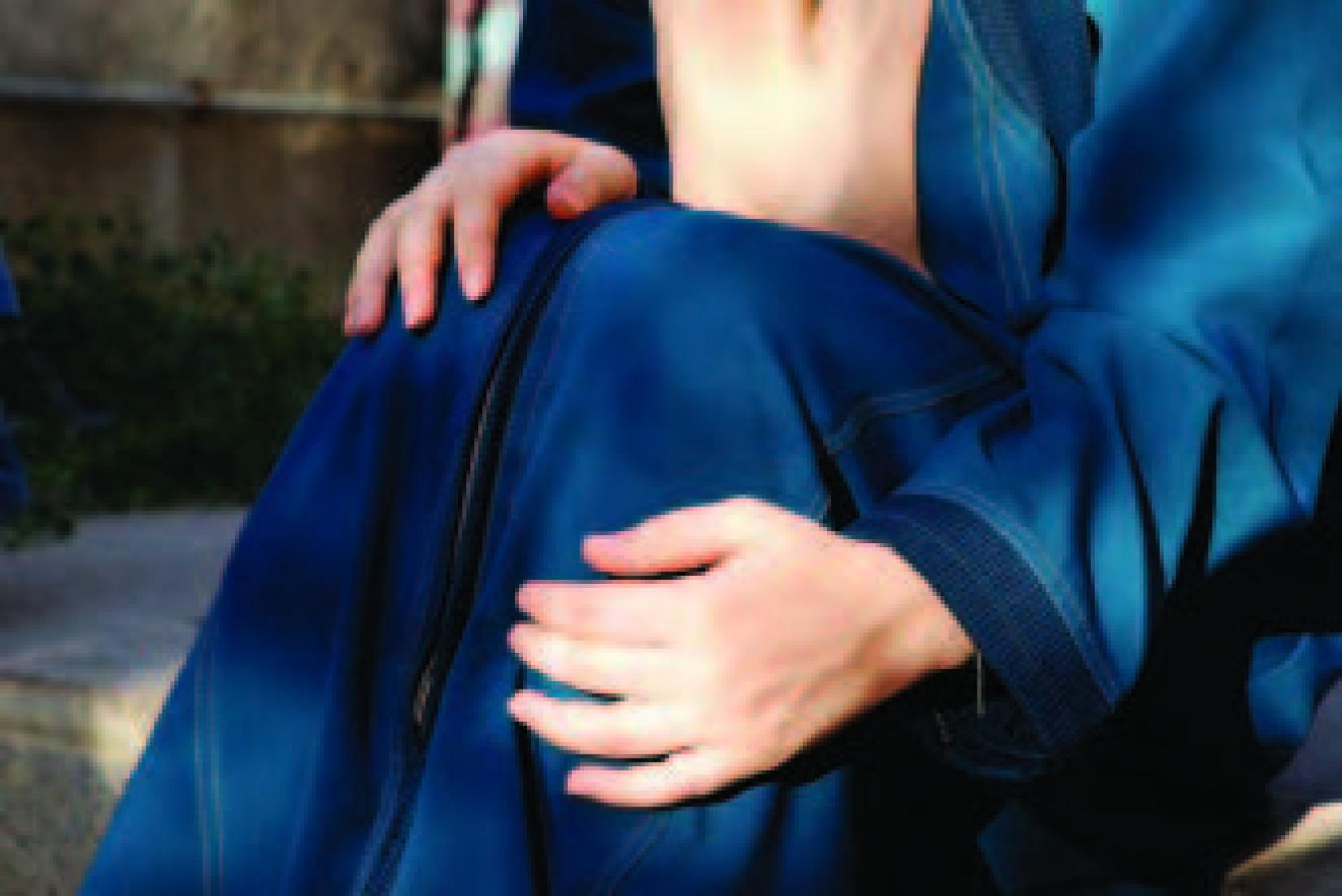
Rula's photographs captured the essence of these stories, bringing to life the struggles, aspirations, and resilience of these women. Through her lens, she aimed to raise awareness about the importance of education, especially for girls, and the barriers that still hinder their access to it.
In a society where traditions and societal norms have limited the opportunities for women's education, Rula's art served as a powerful testament to the enduring fight for this fundamental human right. Her work echoed the sentiment that education should be a universal right, not a privilege and that the stories of these women must be heard, acknowledged, and acted upon.
Yaqeen Abdul Rahman: "Me and the Opposite
Yaqeen Abdul Rahman, a 25-year-old master's student in Women's Studies, is a passionate advocate for human rights, with a particular focus on minority rights. She participated in the Art Lab workshop, recognizing that art serves as a powerful language to express issues and amplify voices, especially for those who cannot speak for themselves.
Yaqeen's project, titled "Me and the Opposite," delved into the daily life of someone living with bipolar disorder. Having received a diagnosis of bipolar disorder, Yaqeen embarked on a deeply personal exploration of her own experiences and those of others who grapple with mental health challenges.
The project's title, "Me and the Opposite," symbolizes the intense emotional oscillations that individuals with bipolar disorder experience, swinging between moments of sheer happiness and profound despair. Yaqeen's art aimed to capture the complexity of this journey and convey the challenges and triumphs that come with it.
Through her lens, Yaqeen explored the intersection of personal and public spaces in the lives of those with mental disorders. She pondered the societal stigma that often surrounds mental health issues and how individuals interact with a world that may not fully understand their struggles.
In her project, Yaqeen aimed to challenge stereotypes and misconceptions about bipolar disorder. She recognized that society often views those with mental health conditions through a narrow lens, and she sought to expand that perspective. Her photographs and art pieces provided a glimpse into the lived experiences of individuals with bipolar disorder, allowing viewers to connect with their stories on a profound level.
Yaqeen's art also carried a message of hope and solidarity. She wanted to assure those living with mental disorders that they are not alone in their journey. Through her project, she sought to create a sense of community and understanding, emphasizing that the stories of individuals with mental health challenges deserve to be told and heard.
"Me and the Opposite" was not just a project; it was a powerful expression of empathy, a call for acceptance, and a reminder that every individual, regardless of their mental health status, deserves respect, understanding, and support. Yaqeen Abdul Rahman's art illuminated the importance of mental health awareness and advocated for a world where everyone's voice is heard, and no one feels alone in their struggles.
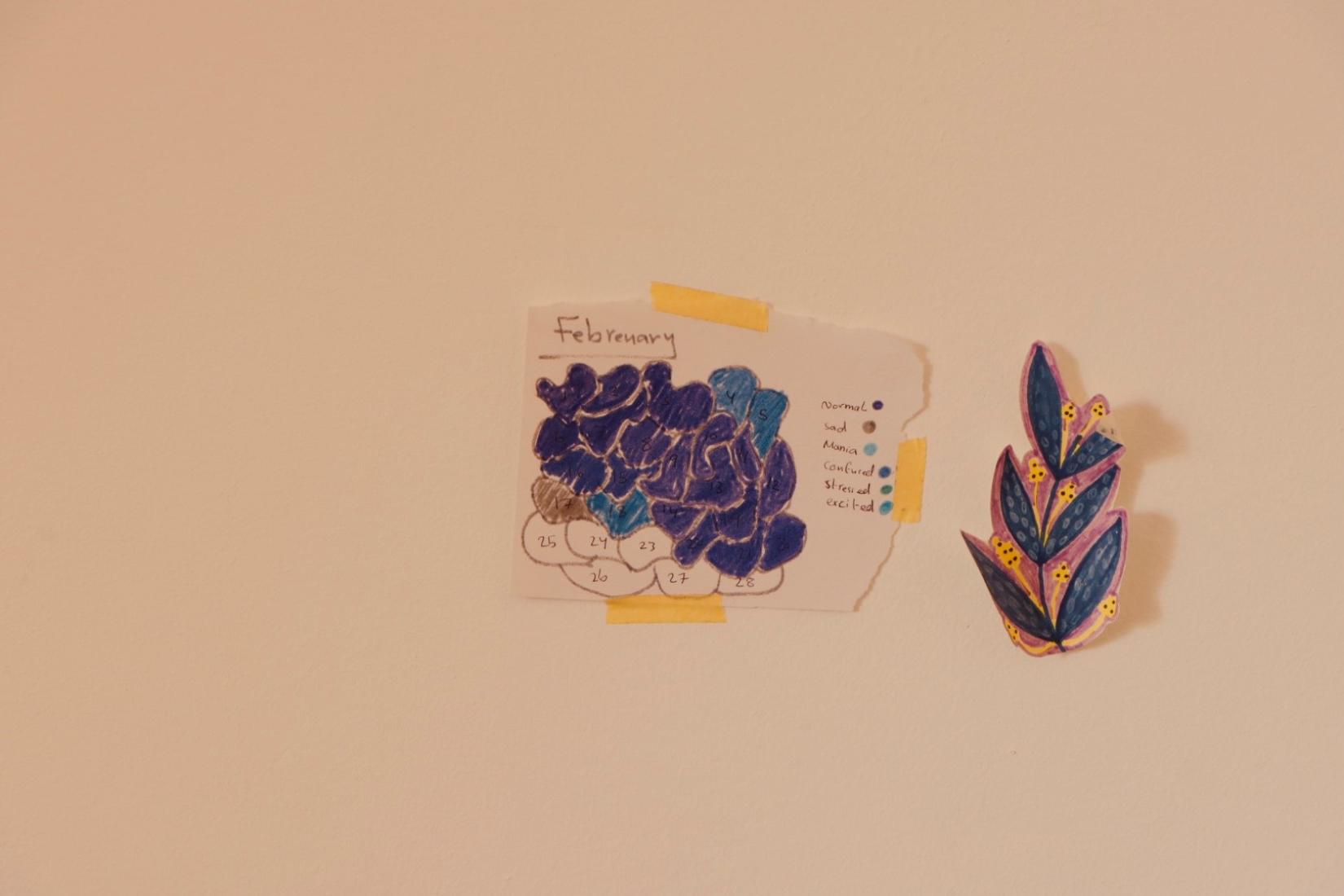
Rula's photographs captured the essence of these stories, bringing to life the struggles, aspirations, and resilience of these women. Through her lens, she aimed to raise awareness about the importance of education, especially for girls, and the barriers that still hinder their access to it.
In a society where traditions and societal norms have limited the opportunities for women's education, Rula's art served as a powerful testament to the enduring fight for this fundamental human right. Her work echoed the sentiment that education should be a universal right, not a privilege and that the stories of these women must be heard, acknowledged, and acted upon.
Yaqeen Abdul Rahman: "Me and the Opposite
Yaqeen Abdul Rahman, a 25-year-old master's student in Women's Studies, is a passionate advocate for human rights, with a particular focus on minority rights. She participated in the Art Lab workshop, recognizing that art serves as a powerful language to express issues and amplify voices, especially for those who cannot speak for themselves.
Yaqeen's project, titled "Me and the Opposite," delved into the daily life of someone living with bipolar disorder. Having received a diagnosis of bipolar disorder, Yaqeen embarked on a deeply personal exploration of her own experiences and those of others who grapple with mental health challenges.
The project's title, "Me and the Opposite," symbolizes the intense emotional oscillations that individuals with bipolar disorder experience, swinging between moments of sheer happiness and profound despair. Yaqeen's art aimed to capture the complexity of this journey and convey the challenges and triumphs that come with it.
Through her lens, Yaqeen explored the intersection of personal and public spaces in the lives of those with mental disorders. She pondered the societal stigma that often surrounds mental health issues and how individuals interact with a world that may not fully understand their struggles.
In her project, Yaqeen aimed to challenge stereotypes and misconceptions about bipolar disorder. She recognized that society often views those with mental health conditions through a narrow lens, and she sought to expand that perspective. Her photographs and art pieces provided a glimpse into the lived experiences of individuals with bipolar disorder, allowing viewers to connect with their stories on a profound level.
Yaqeen's art also carried a message of hope and solidarity. She wanted to assure those living with mental disorders that they are not alone in their journey. Through her project, she sought to create a sense of community and understanding, emphasizing that the stories of individuals with mental health challenges deserve to be told and heard.
"Me and the Opposite" was not just a project; it was a powerful expression of empathy, a call for acceptance, and a reminder that every individual, regardless of their mental health status, deserves respect, understanding, and support. Yaqeen Abdul Rahman's art illuminated the importance of mental health awareness and advocated for a world where everyone's voice is heard, and no one feels alone in their struggles.


